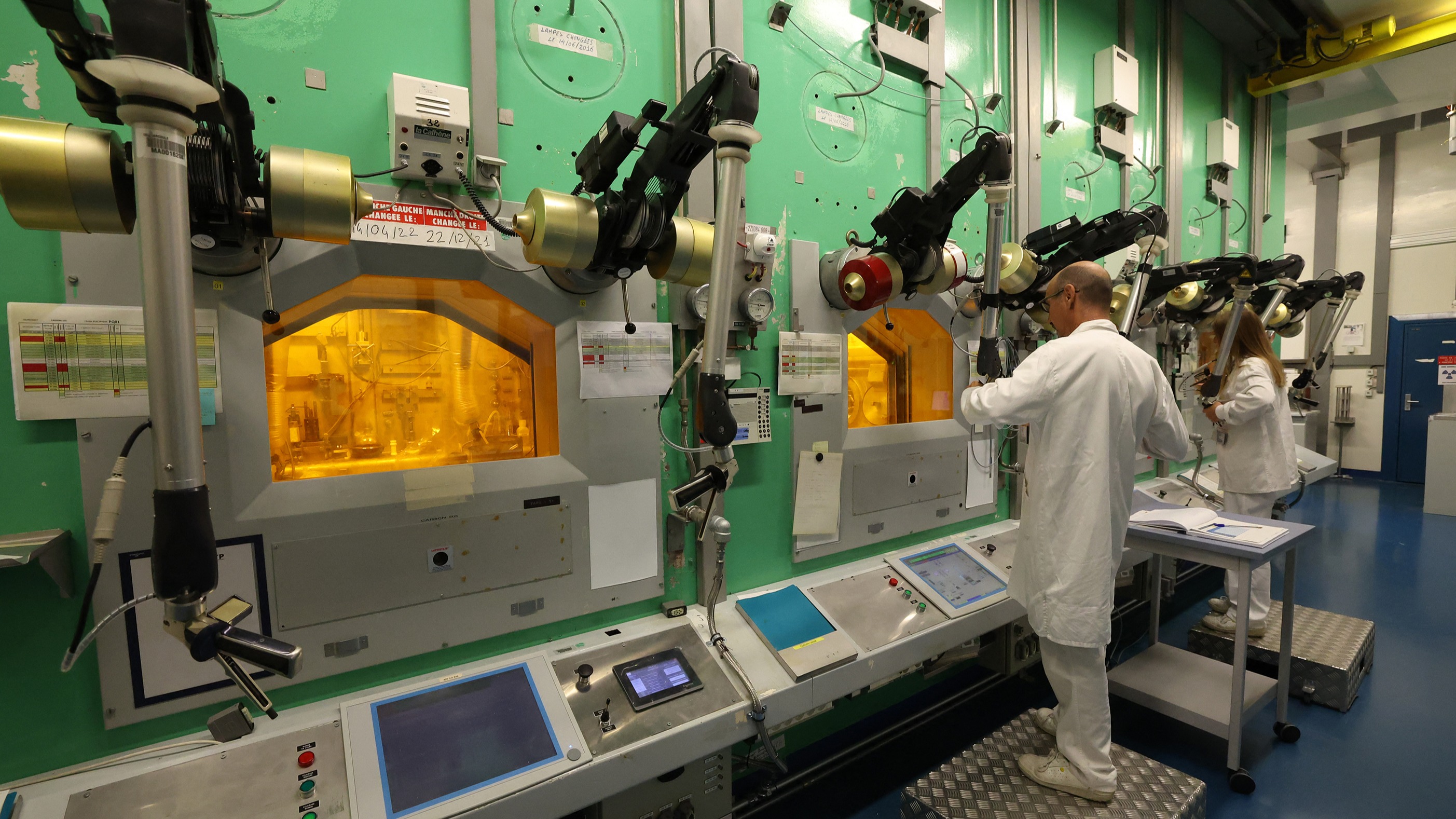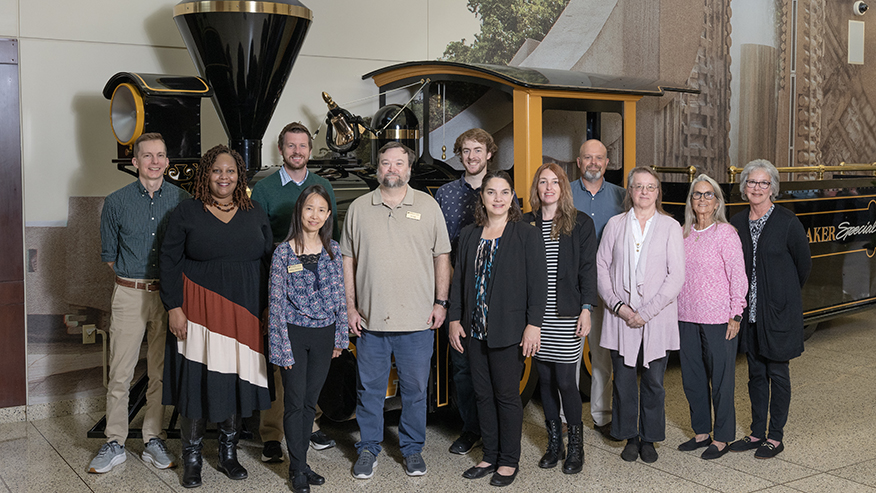Report on the Denver Hotel Industry’s Contribution to Sustainable Development Goals
Advancing SDG 8: Decent Work and Economic Growth
A recent economic impact analysis by Oxford Economics indicates that the hotel industry in Denver is a primary driver for local economic growth and the creation of decent work, directly aligning with the objectives of SDG 8. The industry’s contributions are substantial and multifaceted.
- Economic Generation: The sector generates nearly $7 billion in economic activity, fostering sustained and inclusive economic growth for the city.
- Employment: It supports over 33,000 jobs, providing stable employment and career development opportunities for residents, which is a core target of SDG 8.
- Support for Local Enterprises: Guest spending, which exceeds $4 billion annually, directly benefits local small and medium-sized enterprises, including restaurants, retail shops, and cultural institutions, thereby diversifying the local economy.
Fostering SDG 11: Sustainable Cities and Communities
The hotel industry plays a critical role in making Denver a more inclusive, safe, resilient, and sustainable city, in line with SDG 11. This is achieved through significant fiscal contributions and community integration.
- Public Revenue Generation: The industry contributes approximately $1.1 billion in federal, state, and local tax revenues each year.
- Investment in Public Services: These tax revenues are essential for funding and maintaining critical public infrastructure and services, such as schools, transportation networks, and emergency services, which are foundational for sustainable communities.
- Community Resilience: The symbiotic relationship between hotels and local businesses strengthens the community’s economic fabric, enhancing its overall resilience.
Promoting Innovation and Partnerships (SDG 9 & SDG 17)
The upcoming Hospitality Show 2025 in Denver highlights the industry’s commitment to innovation, sustainable industrialization, and fostering partnerships, which are central to SDG 9 and SDG 17.
- Platform for Innovation: The event will convene industry leaders to discuss technological innovations and new growth opportunities, promoting sustainable practices within the sector.
- Focus on Sustainable Development: Key topics include workforce development, sustainability, and enhancing guest experiences, reflecting a forward-looking approach to industry challenges.
- Strengthening Partnerships: By bringing together over 400 exhibitors and 100 expert speakers, the show acts as a catalyst for building partnerships among hospitality stakeholders to achieve common sustainability goals.
Analysis of Sustainable Development Goals in the Article
1. Which SDGs are addressed or connected to the issues highlighted in the article?
-
SDG 8: Decent Work and Economic Growth
- The article’s primary focus is on the economic contributions of Denver’s hotel industry, including generating nearly $7 billion in economic activity and supporting over 33,000 jobs. This directly aligns with promoting sustained, inclusive, and sustainable economic growth, full and productive employment, and decent work for all.
-
SDG 9: Industry, Innovation, and Infrastructure
- The hotel industry is a crucial part of the tourism infrastructure. The article mentions The Hospitality Show 2025, which will focus on “technology innovation, workforce development, sustainability, and enhancing guest experiences,” connecting directly to the goal of building resilient infrastructure and fostering innovation.
-
SDG 11: Sustainable Cities and Communities
- The article states that the hotel industry generates approximately $1.1 billion in tax revenues that are “crucial for maintaining and developing public services such as schools, infrastructure, and emergency services.” This contribution helps make cities and human settlements inclusive, safe, resilient, and sustainable. The support for local small businesses also strengthens the local economic fabric of the community.
2. What specific targets under those SDGs can be identified based on the article’s content?
-
Under SDG 8:
- Target 8.5: “By 2030, achieve full and productive employment and decent work for all women and men, including for young people and persons with disabilities, and equal pay for work of equal value.” The article highlights that the industry supports “over 33,000 jobs” and fosters “career development for Colorado residents.”
- Target 8.9: “By 2030, devise and implement policies to promote sustainable tourism that creates jobs and promotes local culture and products.” The article details how the hotel industry supports local economies through guest spending in sectors like “dining, retail, arts, and entertainment” and enhances business for local entities like “restaurants, coffee shops, and retail stores.”
-
Under SDG 9:
- Target 9.1: “Develop quality, reliable, sustainable and resilient infrastructure, including regional and transborder infrastructure, to support economic development and human well-being, with a focus on affordable and equitable access for all.” The hotel sector is a key component of tourism infrastructure that supports economic development, as evidenced by the $7 billion in economic activity.
-
Under SDG 11:
- Target 11.a: “Support positive economic, social and environmental links between urban, peri-urban and rural areas by strengthening national and regional development planning.” The article describes the “symbiotic relationship between the hotel industry and small businesses” and the “ripple effect” of guest spending, which demonstrates the strengthening of positive economic links within the urban community of Denver.
3. Are there any indicators mentioned or implied in the article that can be used to measure progress towards the identified targets?
-
For SDG 8:
- The article provides a direct quantitative measure of job creation: “supporting over 33,000 jobs.” This can be used as an indicator for progress towards Target 8.5 on employment.
- The figure of “$7 billion in economic activity” generated by the hotel industry serves as a direct indicator for Target 8.9, reflecting the economic contribution of tourism (Indicator 8.9.1: Tourism direct GDP).
- Guest spending of “exceeding $4 billion annually” is another indicator of the economic impact of tourism on the local economy.
-
For SDG 11:
- The “$1.1 billion in federal, state, and local tax revenues annually” is a key indicator. This figure measures the financial resources generated by the industry to support public services and infrastructure, which is central to building sustainable communities.
4. Summary Table of SDGs, Targets, and Indicators
| SDGs | Targets | Indicators |
|---|---|---|
| SDG 8: Decent Work and Economic Growth |
Target 8.5: Achieve full and productive employment and decent work.
Target 8.9: Promote sustainable tourism that creates jobs. |
– Total number of jobs supported: “over 33,000 jobs.” – Total economic activity generated: “nearly $7 billion.” – Annual guest spending: “exceeding $4 billion.” |
| SDG 9: Industry, Innovation, and Infrastructure | Target 9.1: Develop quality, reliable, sustainable and resilient infrastructure to support economic development. | – Focus on “technology innovation” and “sustainability” at The Hospitality Show 2025. |
| SDG 11: Sustainable Cities and Communities | Target 11.a: Support positive economic links between urban areas. |
– Annual tax revenues generated for public services: “approximately $1.1 billion.” – Support for local small businesses (restaurants, retail, etc.) through guest spending. |
Source: hotelnewsresource.com







